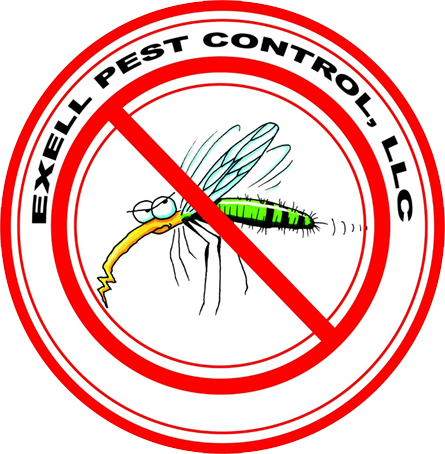Rodent control
We will identify intruding rodents, determine the most effective way to get them out of your home and then customize a solution to keep them from coming back. Eviction is guaranteed.
Get rid of mice and rats
Rodent control covers:

Mice

Rats
Benefits of choosing Exellpestcontrol for your rodent control:
Free Inspection:
You’ll get the answers you want about rodents in your home as we provide a thorough inspection and identify entry points the rodents use to get in.
Preventive Solutions:
We can help customers prevent rodents from entering their homes, causing damage and leaving behind urine and fecal matter.
Guaranteed:
We will come back to eliminate and remove trapped pests, repair any new damage they cause to materials we’ve installed, and we’ll seal any new entry points they may create as long as you keep your plan
Ongoing Protection:
In addition to our guarantee we will provide annual inspections as long as you keep your plan.
All about rodents

Rodents are highly adaptable animals that make up over 40 percent of the mammal class. With more than 2,230 species identified, their ranks are massive, although only three types are considered major pests in the United States. They are the house mouse, the Norway rat and the roof rat.
These three rodents are identified as major pests because they are commonly found near human dwellings and are most likely to benefit from human structures, food and waste. Rats and mice pose an issue for humans living within the same vicinity for a number of reasons.
Basic rodent biology
Rats and mice are both capable of transmitting disease to humans through their hair, droppings and urine. A single mouse can excrete 40 to 100 droppings per day, according to the Mallis Handbook of Pest Control by Arnold Mallis.
Rats and mice might also bite, although it is not common. Sometimes a bite can result in rat-bite fever, a potentially fatal disease if not treated. Some people develop an allergic reaction to the excrement of rats or house mice, which can cause asthma-related symptoms.
In addition to causing disease, food contamination by rats and mice can cause billions of dollars in damage. Between one-fifth and one-third of total food production is lost annually due to rat contamination according to Mallis, who also states that a single rat can consume about 1 ounce of food per night. Some rat colonies can harbor more than 100 rats.
Rats and mice are also successful breeders. A female rat can reproduce every three weeks, and usually gives birth to about six to 10 young at one time. A female mouse reproduces every three to four weeks and usually gives birth to about five or six young, although sometimes up to 12. This means that both rat and mice colonies can grow large quickly, although rats only live for about a year. Mice can live up to two or three years under ideal conditions.
Rodent control
Rodents owe a majority of their survival success to their ability to adapt to different habitats. They are opportunistic food scavengers and will consume most types of food. If a certain food source runs out, they are likely to adapt to a new food source. In addition, they are mostly active just after sunset and just before sunrise – hours during which most people are asleep. These factors make rats and mice difficult to control.
Rats and mice are also successful breeders. A female rat can reproduce every three weeks, and usually gives birth to about six to 10 young at one time. A female mouse reproduces every three to four weeks and usually gives birth to about five or six young, although sometimes up to 12. This means that both rat and mice colonies can grow large quickly, although rats only live for about a year. Mice can live up to two or three years under ideal conditions.
Attempting to control a rat or mouse infestation can be dangerous. The most effective rodent control requires an integrated approach. Rodenticide alone is often not enough. Additionally, rodent control requires rodent proofing, harborage reduction, trapping and increased attention to sanitation. For the most comprehensive solution, call a pest management professional.
Need help? We're available . Call now. Broward office : 9548062684, Orlando office : 4076139965
